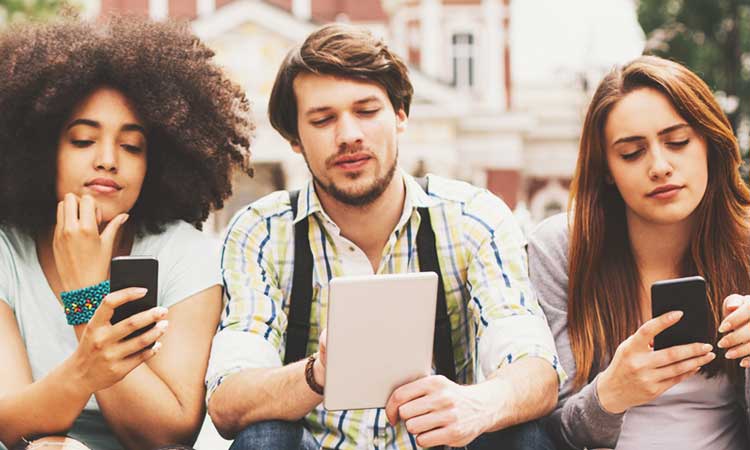How envy eats away at our insecurities
These past few weeks, I’ve hated myself more than usual. Not on credible grounds: I still have never murdered anyone or filled their swimming pools with instant Jell-O or even robbed them at gunpoint. Ever. But my go-to image these days is a boxing-gloved, fist rabbit, punching my face as a voice booms, “Go to hell.”
Just being real with you, my pals.
Contrast this with my recent trip abroad, during which I marveled at birdsong, chatted sunnily with strangers and – halfway across a mighty river – exulted: I will never forget these days.
I took all this as evidence of hating myself less.
But soon after returning home: the boxing glove and avoiding mirrors.
Why?
Most of my time abroad was spent offline: that is, sans social media. Back home, I clicked back on.
And I – who have a roof over my head, and health – seethe with envy at Facebook friends for living near the sea, for having parents, being lithe, pursuing passions and attracting strings of avid comments to their random, sometimes misspelled posts.
I have stopped checking Twitter altogether and check Facebook only once or twice a day but should stop checking forever because it always makes me feel worse. Always.
It makes me envy decent people who’ve never harmed me. It makes me hate myself for not having what those people appear to have because not having attained those things is clearly my own fault: for never trying hard enough to get them, not being intelligent or good or lovable enough. By not having what Person A and Person B have, I have failed.
But what is envy other than bitterness and blind ingratitude for what one has?
For social media does not make everyone envious. The confident, the satisfied, the open-hearted see it simply as a meeting-place. If they feel envy at all, it is simply the winking, smiling twinge that makes them comment “Well-deserved!” or “I wish my cat was that cute.”
I do not hate my envied friends. I do not want to take their things away from them. Sometimes my envy is subsumed by admiration, pride or joy. But not often enough because I am a tiny-minded spiteful infant.
Or so social media makes me believe.
Low self-esteem provokes emotions that confident people never feel: toxic envy; toxic regret; endemic vague dissatisfaction; self-denial followed by self-loathing for having denied ourselves.
And social media makes me hate myself in yet other ways. It does this by revealing how unpopular I am.
How boring, irrelevant, unattractive, ancient – quantified in hard cold numbers, which literally prove I am “unliked.”
That is: not only me, the real-life person (after all these years on earth, why so few friends?) but also me the artist. Real-life me can say: okay, I am an introvert. But artist me whimpers: I wrote this poem or article or drew this picture, and all of you didn’t care.
Those numbers prove it.
Most of my posts attract less than five likes or comments. Some receive none, from anyone. This should not matter to me. My low self-esteem is not your fault. Nor is how much this reminds me of middle school: not knowing how to play the games; gazing baffled at all the other kids who do; wondering how they learned.
Defensive, afraid and ashamed, I posted my creations, but most of you were way too busy watching someone else’s cronut slideshow or remarking on a Rumi quote to care. Thanks at least for your honesty.
And, thanks to social media, I know exactly who you are.
But I don’t want to know. I don’t want to be forced to know. We who tend to hate ourselves need not have thrust in our faces the names, faces and numbers that seem to confirm our fears and insecurities.
So yes, sore losers say: I am taking my ball and going home, but we who tend to hate ourselves must learn to shield ourselves from what makes us hate ourselves more. If social media makes us uncomfortable, we must try to understand why.
“More Reasons Why Social Media Makes Us Hate Ourselves” by Anneli Rufus was originally published on Spirituality & Health.



